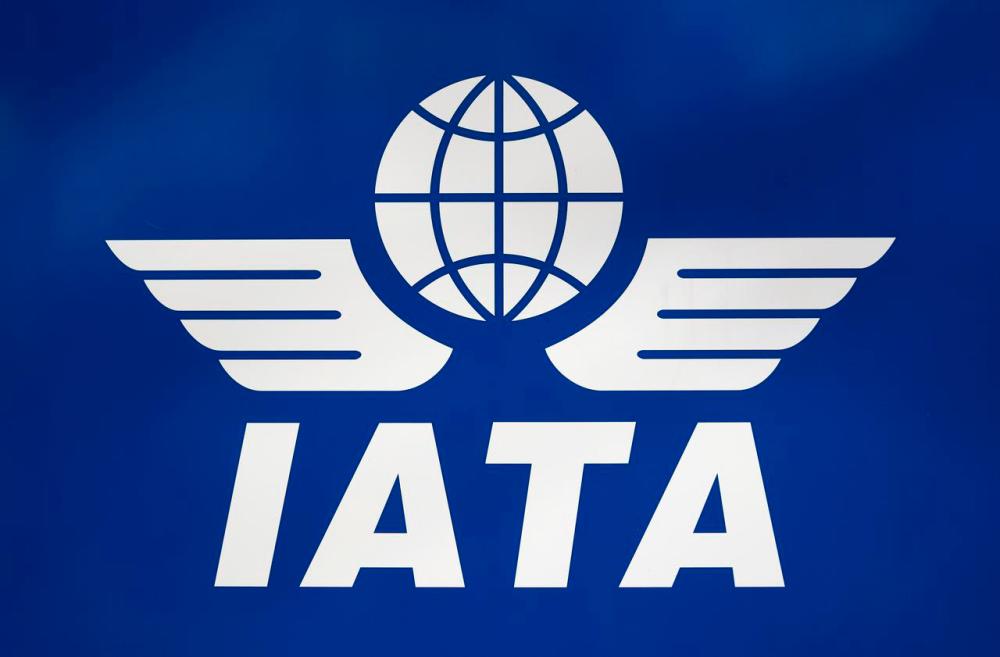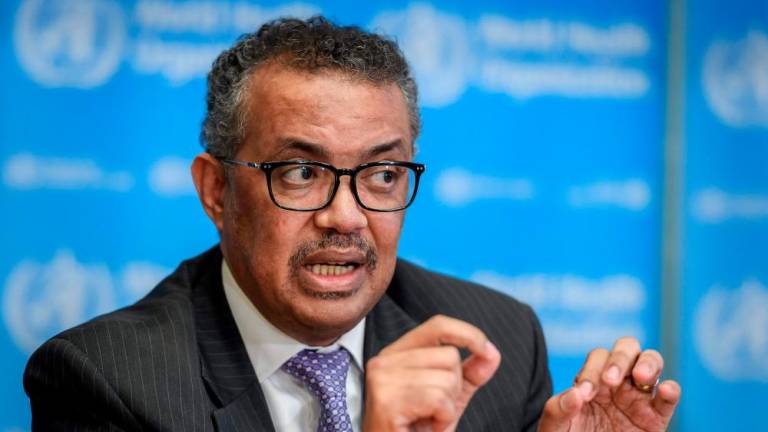KUALA LUMPUR: The demand for air services is beginning to recover after hitting bottom in April, said the International Air Transport Association (IATA).
According to the trade association for the world’s airlines, passenger demand in April (measured in revenue passenger kilometres or RPKs), plunged 94.3 per cent compared to April 2019, as the COVID-19-related travel restrictions virtually shut down domestic and international air travel.
Director-general and chief executive officer Alexandre de Juniac said the decline rate was never seen in the history of IATA’s traffic series, which dates back to 1990.
“More recently, figures show that daily flight totals rose 30 per cent between the low point on April 21 and May 27. This is primarily in domestic operations and off of a very low base (5.7 per cent of 2019 demand).
“While this uptick is not significant to the global dimension of the air transport industry, it does suggest that the industry has seen the bottom of the crisis, provided there is no recurrence. In addition, it is the very first signal of aviation beginning the likely long process of re-establishing connectivity,“ he said in a statement today.
He said April was a disaster for aviation as air travel almost entirely stopped, but April may also represent the nadir of the crisis with flight numbers increasing.
“Countries are beginning to lift mobility restrictions and business confidence is showing improvement in key markets such as China, Germany, and the US.
“These are positive signs as we start to rebuild the industry from a standstill. The initial green shoots will take time - possibly years - to mature,” he said.
IATA calculated that by the first week of April, governments in 75 per cent of the markets tracked by IATA completely banned entry, while an additional 19 per cent had limited travel restrictions or compulsory quarantine requirements for international arrivals, with the initial flight increases having been concentrated in domestic markets.
IATA said April international passenger demand collapsed 98.4 per cent compared to April 2019, a deterioration from the 58.1 per cent decline recorded in March. Capacity fell 95.1 per cent, and load factor plunged 55.3 percentage points to 27.5 per cent.
The association said Asia-Pacific airlines’ April traffic plummeted 98.0 per cent compared to the year-ago period, worsening from a 70.2 per cent drop in March. Capacity fell 94.9 per cent and load factor shrank 49.9 percentage points to 31.3 per cent.
Meanwhile, domestic traffic fell 86.9 per cent in April, with the steepest declines registered in Australia (-96.8 per cent), Brazil (-93.1 per cent) and the US (-95.7 per cent).
This was a sharp deterioration compared to a 51.0 per cent decline in March. Domestic capacity fell 72.1 per cent and load factor dropped 44.3 percentage points to 39.5 per cent.
For aviation, de Juniac said April was the cruellest month as governments had to take drastic action to slow the pandemic but that came with the economic cost of a traumatic global recession.
“Airlines will be key to the economic recovery. It is vital that the aviation industry is ready with bio-safety measures that passengers and air transport workers have confidence in. That’s why the speedy implementation of International Civil Aviation Organisation’s (ICAO) global guidelines for safely re-starting aviation is the top priority,” he said.
The ICAO Council’s “Takeoff: Guidance for Air Travel through the COVID-19 Public Health Crisis” is the authoritative and comprehensive framework of risk-based temporary measures for air transport operations during the COVID-19 crisis.
These were developed through broad-based consultations with governments, the World Health Organisation, and with key advice from aviation industry groups including IATA, Airports Council International (ACI World), the Civil Air Navigation Services Organisation (CANSO), and the International Coordinating Council of Aerospace Industries Associations (ICCAIA).
“We fully support its recommendations and look forward to working with governments for a well-coordinated implementation. The world cannot afford to delay,” added de Juniac. -Bernama













